White privilege often hides in plain sight, subtly embedded in everyday language. Have you ever caught yourself or someone else saying something that might reveal deeper biases? Let’s unpack phrases that, perhaps unknowingly, echo white privilege.
1. “I Don’t See Color”
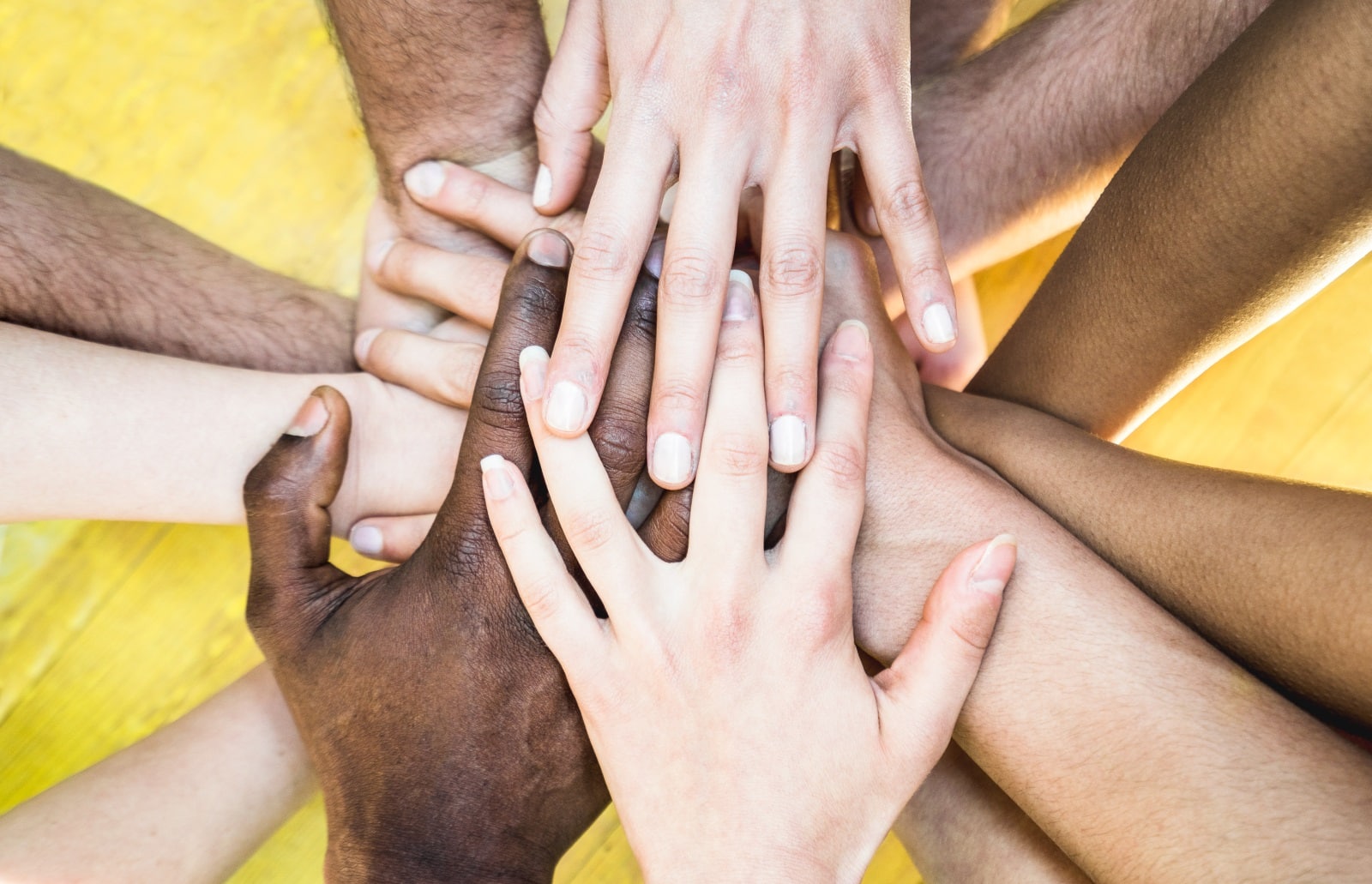
Claiming not to see race dismisses the unique experiences and challenges that people of color face, effectively ignoring racial inequalities still prevalent today.
2. “All Lives Matter”
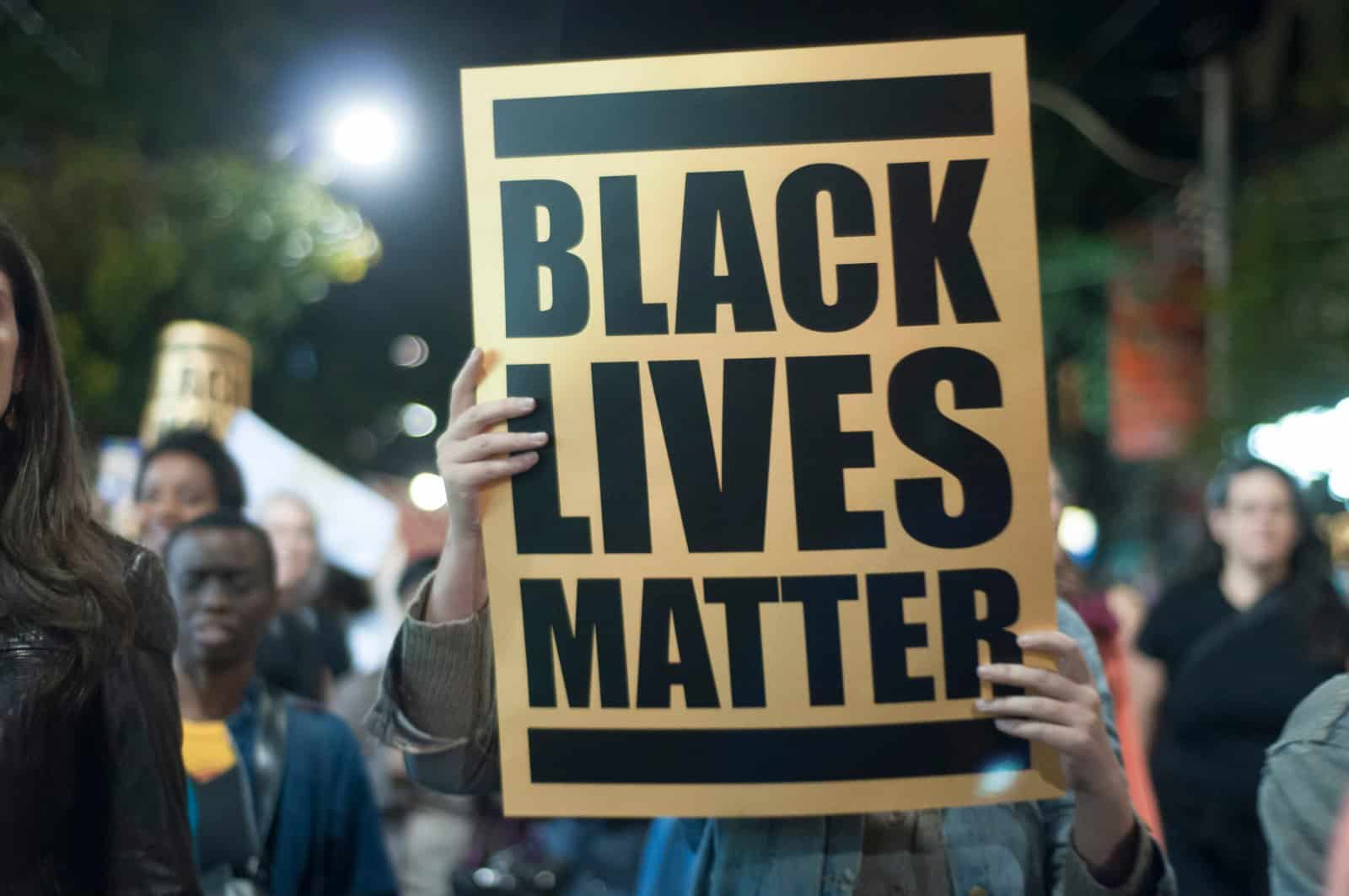
In response to the Black Lives Matter movement, this phrase undermines the specific injustices faced by Black people by diverting attention from their unique struggles.
3. “It’s Just a Joke”

Using this defense often downplays racially insensitive remarks or jokes, ignoring the impact such words can have on marginalized communities.
4. “Why Is There No White History Month?”
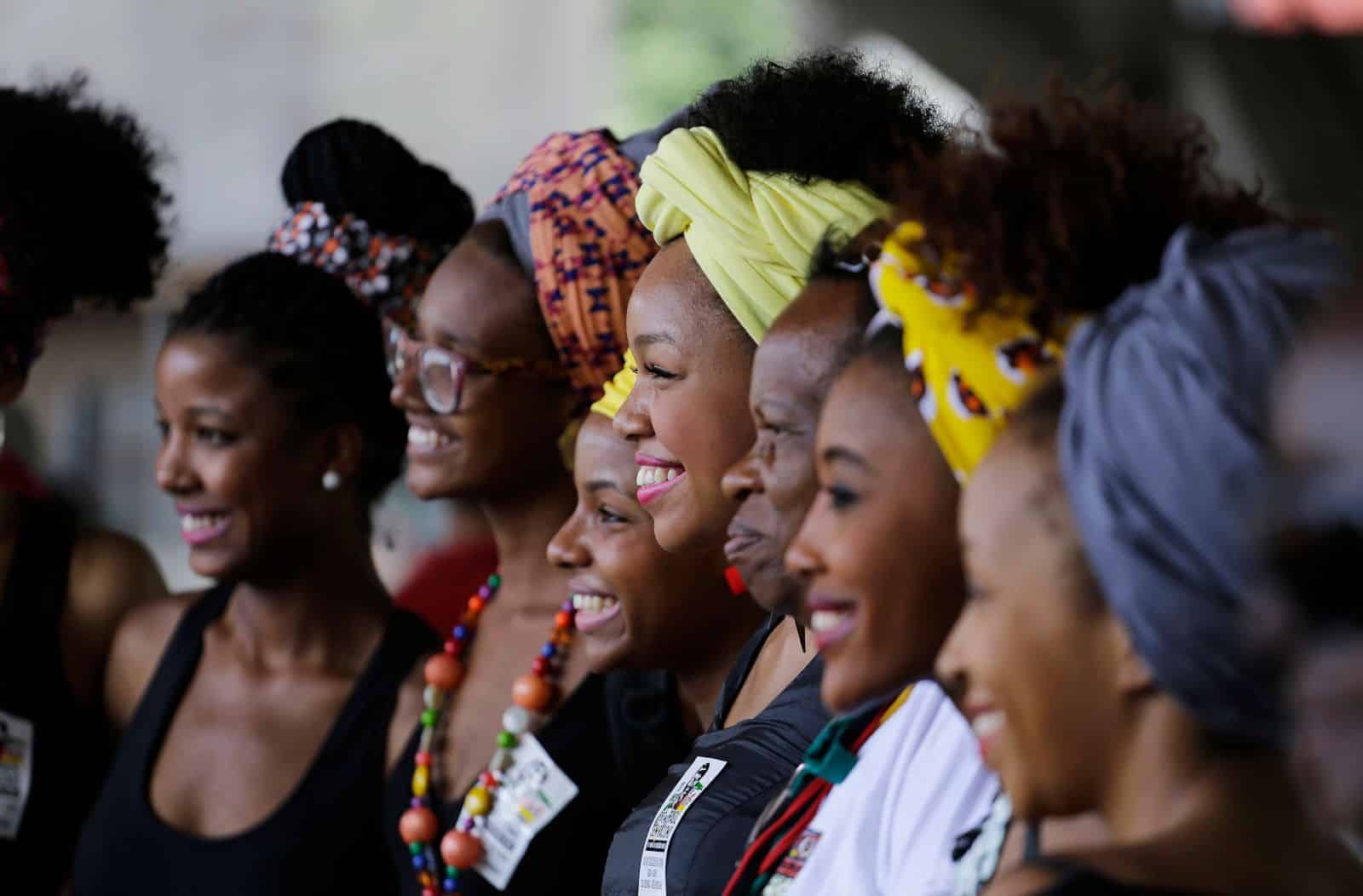
This question overlooks the fact that mainstream narratives historically center and celebrate white achievements, often to the exclusion of other perspectives.
5. “I Worked Hard to Get Where I Am”

While not necessarily false, this statement ignores how white individuals may have faced fewer systemic barriers to success compared to their non-white counterparts.
6. “They’re Playing the Race Card”
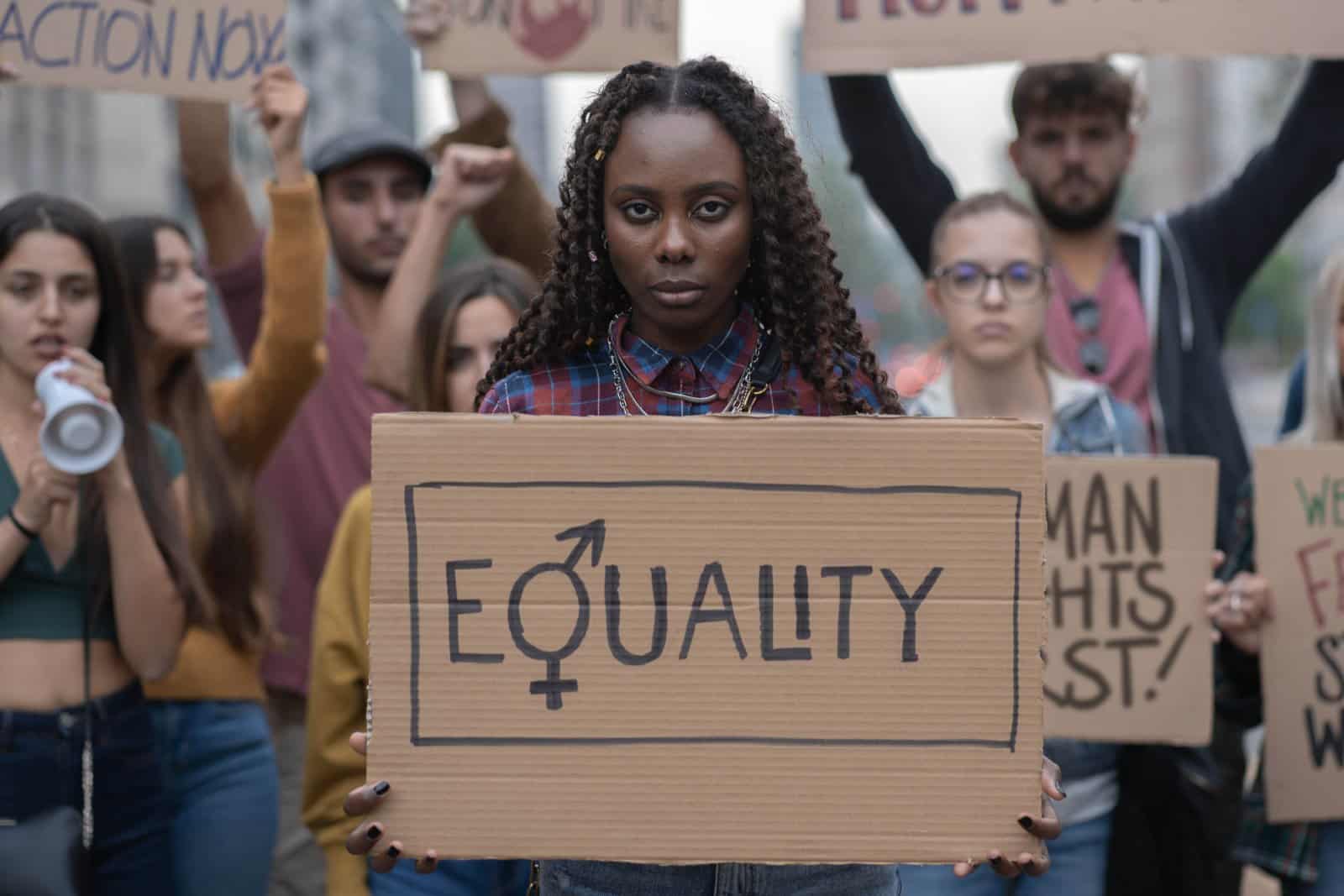
Describing calls for racial justice as playing the “race card” trivializes and delegitimizes the real and persistent issues of racial inequality.
7. “I Have Black Friends”
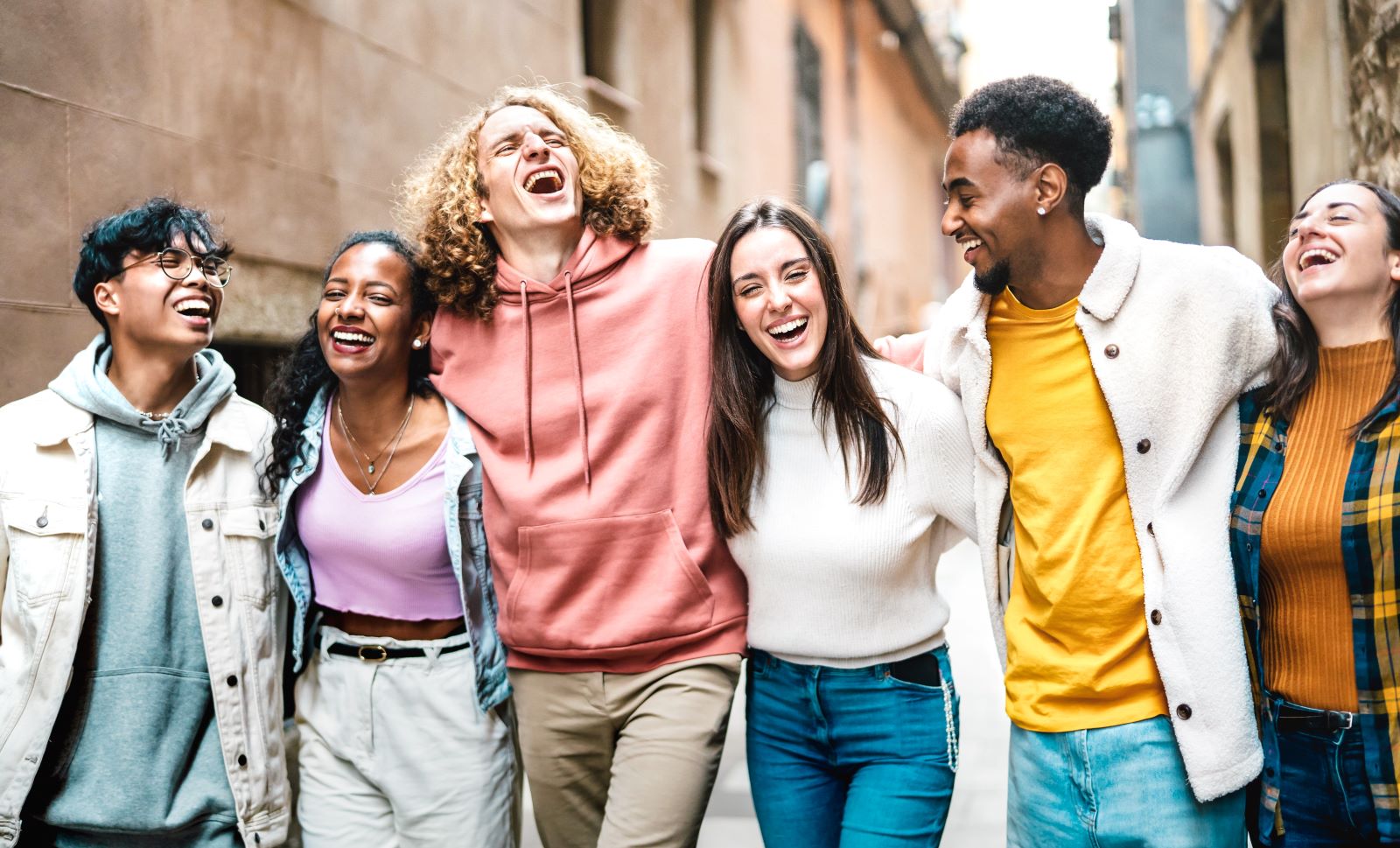
Using friendships with people of color as a shield against accusations of racism fails to address personal biases or systemic racial issues.
8. “You Speak So Well”
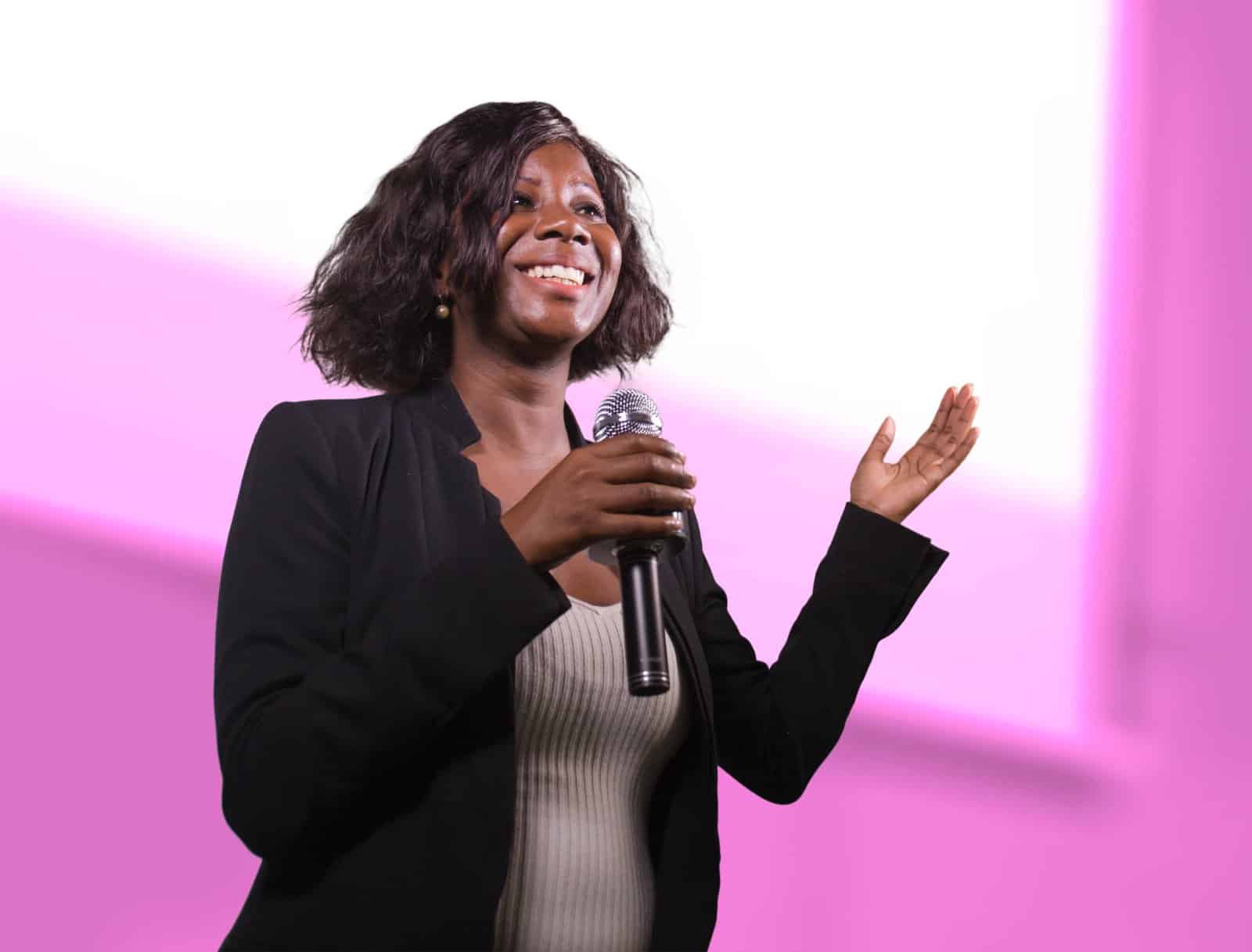
Complimenting a person of color on their articulation implies surprise at their eloquence, inadvertently perpetuating a stereotype about education and intelligence.
9. “It’s Not About Race”
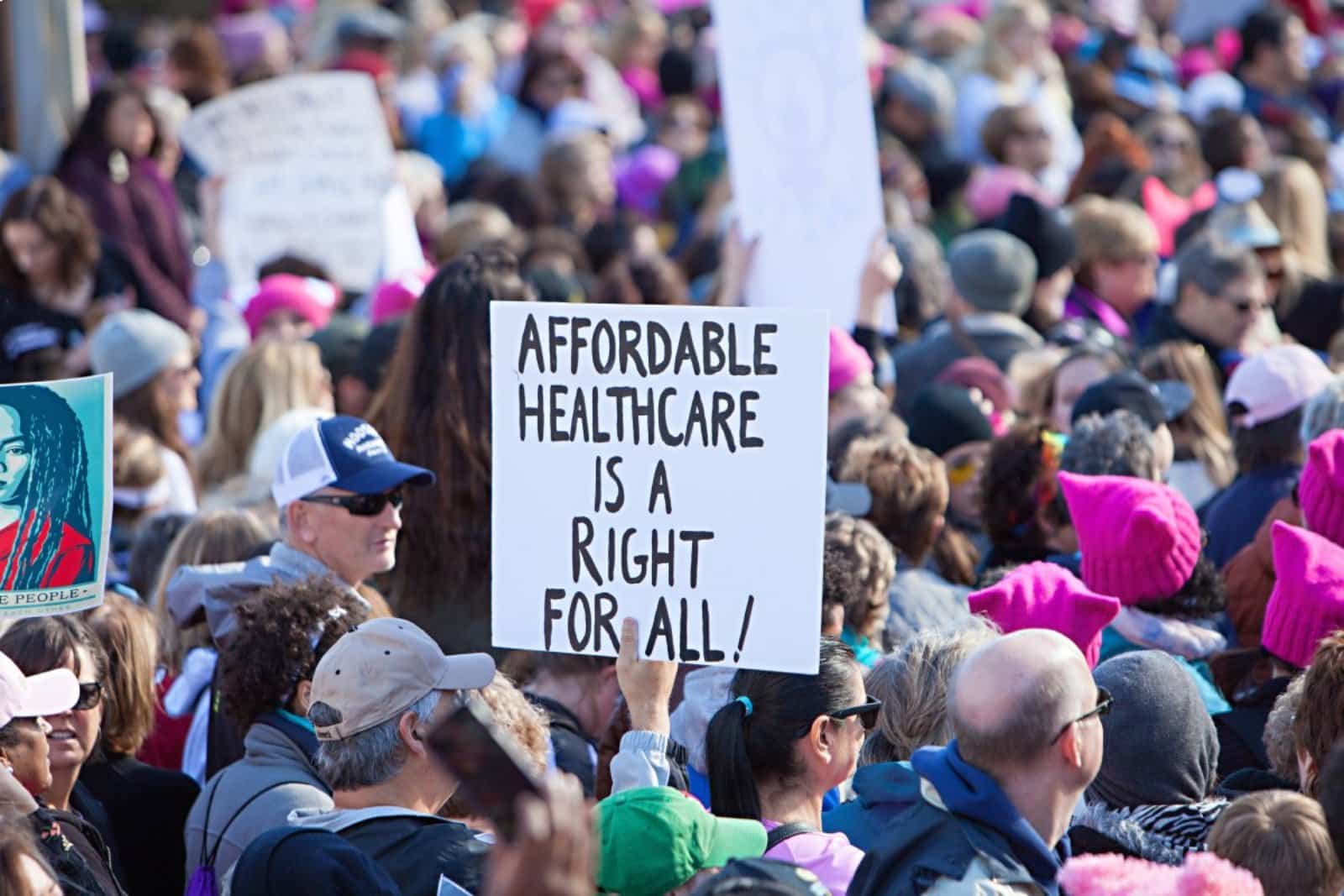
Ignoring the racial dimensions of social issues overlooks how racial identities profoundly shape people’s experiences and opportunities.
10. “I’m Not Privileged, I Grew Up Poor”

Equating economic hardship with a lack of racial privilege overlooks the systemic advantages provided by being white, regardless of economic status.
11. “You’re Being Too Sensitive”

Telling a person of color they are being too sensitive about racial issues invalidates their experiences and silences important discussions about race.
12. “Things Aren’t That Bad Anymore”
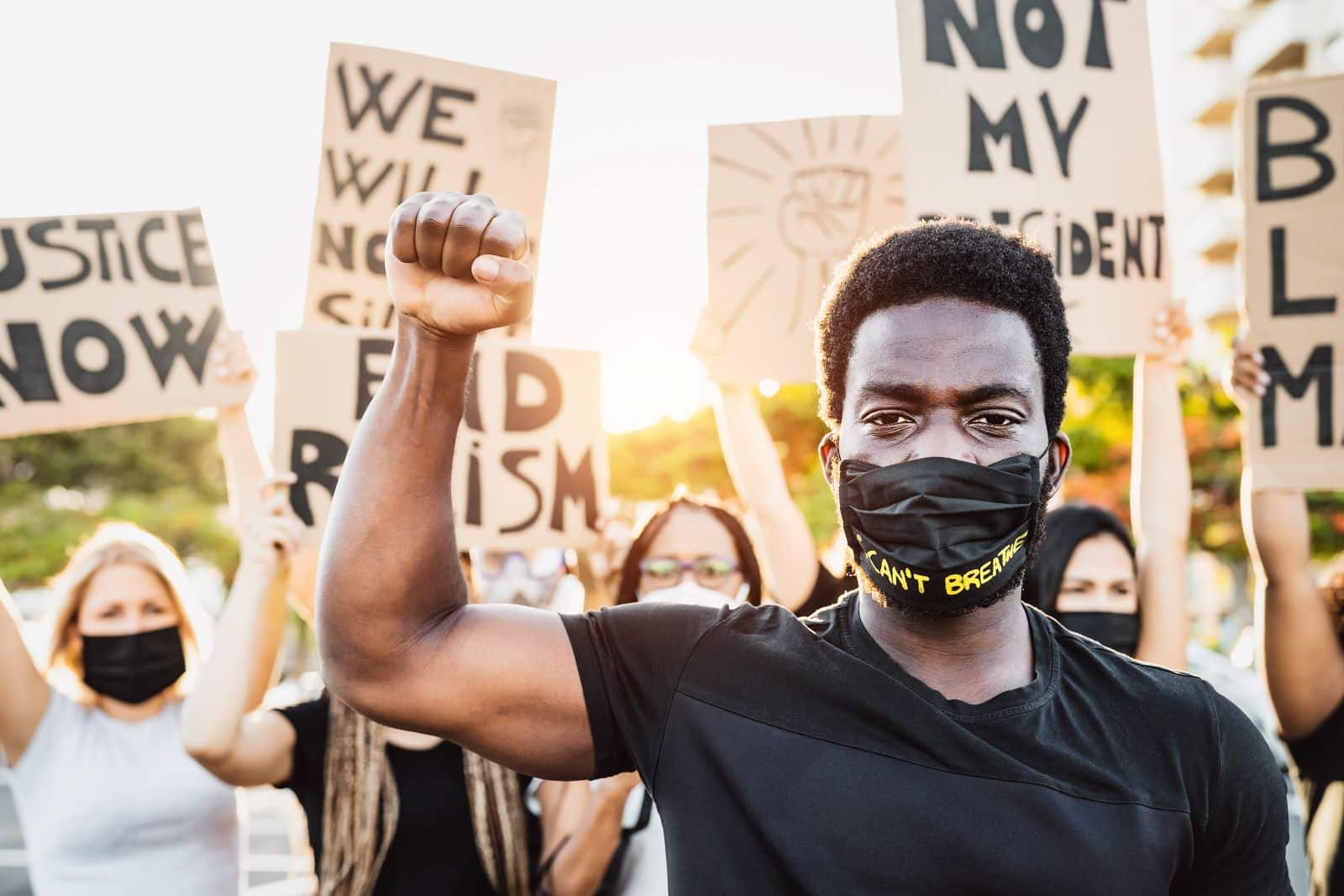
This minimizes the current realities of racism, suggesting that the progress made toward racial equality has fully resolved past injustices.
13. “I Don’t Have a Racist Bone in My Body”

Claiming immunity to racism overlooks the ways in which societal conditioning can influence everyone’s perceptions and actions unconsciously.
14. “Why Do They Get Their Own [Space/Program]? What About Us?”

Questioning initiatives designed to support marginalized groups fails to recognize the need to balance historical and systemic inequities.
15. “Can I Touch Your Hair?”

This question objectifies and exoticizes people of color, treating their physical features as novelties for white curiosity.
16. “He Was Just Doing His Job”

Defending discriminatory actions, especially by authorities, overlooks systemic biases and underestimates the impact of these actions on people of color.
17. “That’s So Ghetto”
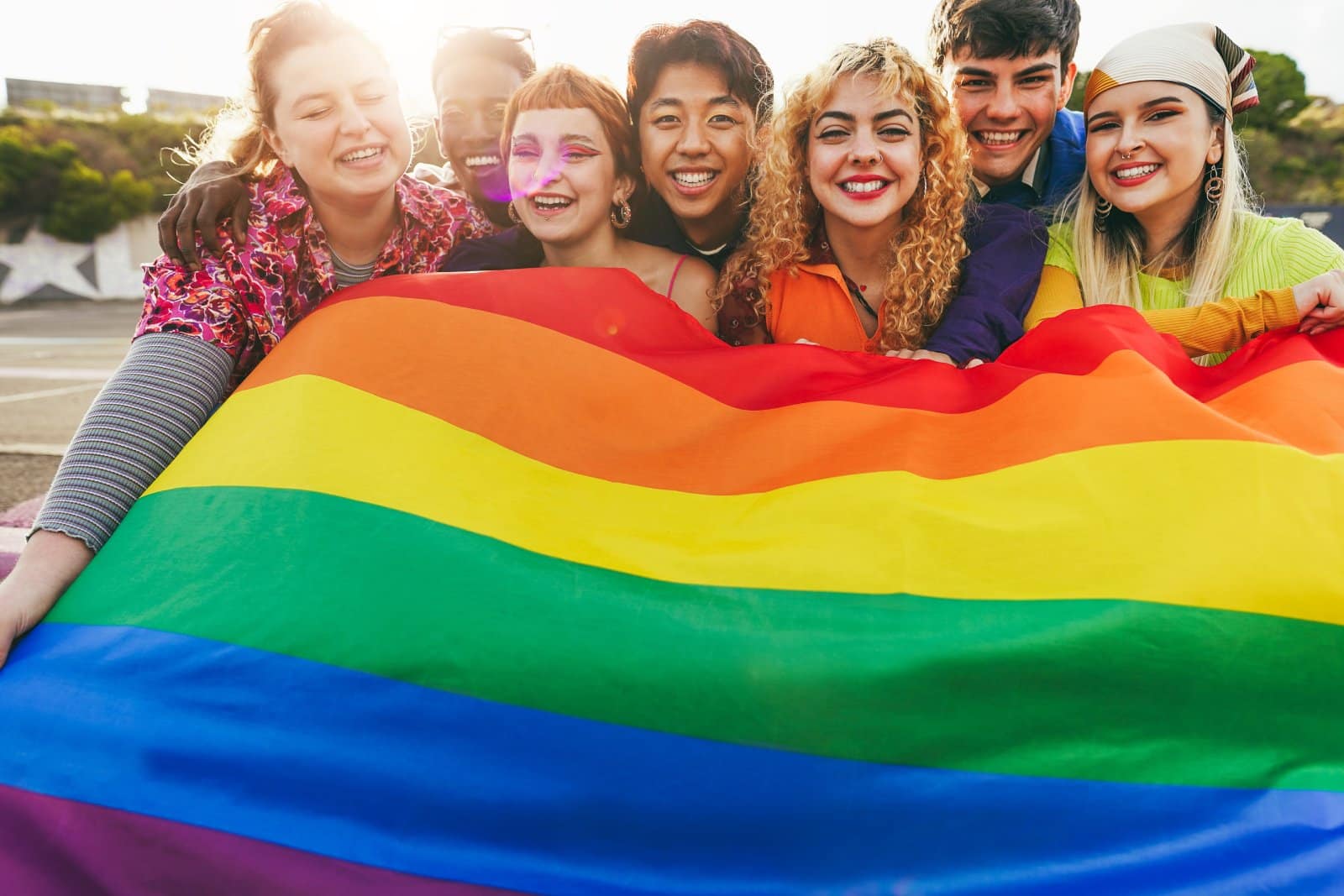
Using “ghetto” to describe something unfavorably reinforces negative stereotypes about certain communities and economic statuses.
18. “There’s Only One Race, the Human Race”

While seemingly inclusive, this phrase denies the significance of racial identities and the cultural diversity that comes with them.
19. “Isn’t Diversity About Hiring the Best Person for the Job?”

This questions the qualifications of people of color and implies that diversity efforts undermine meritocracy, ignoring systemic barriers in hiring practices.
20. “But Where Are You Really From?”
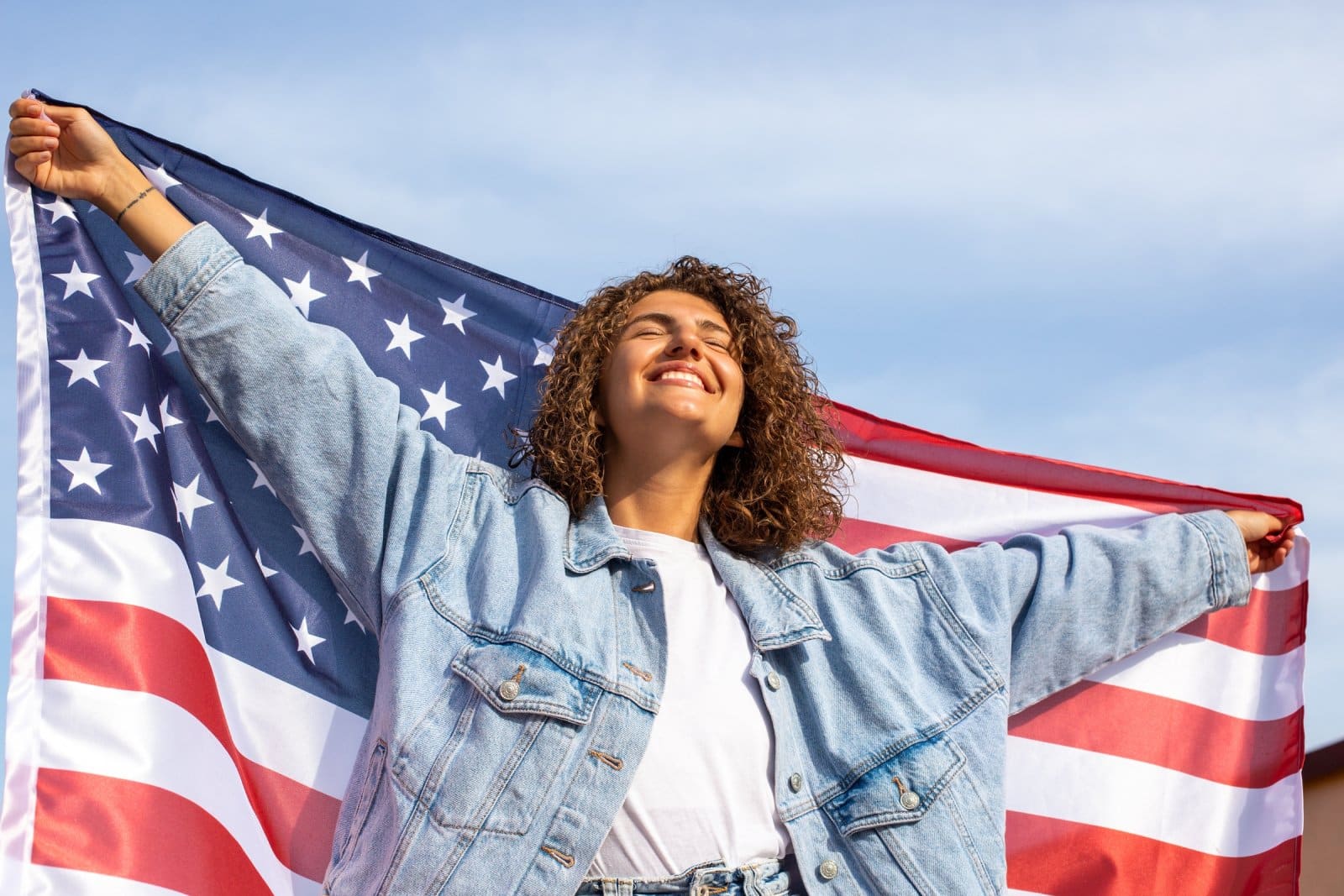
Persistently questioning a person of color about their origin suggests that they do not belong, particularly if they are American.
21. “I Would Have Been a Slave Owner Back Then”
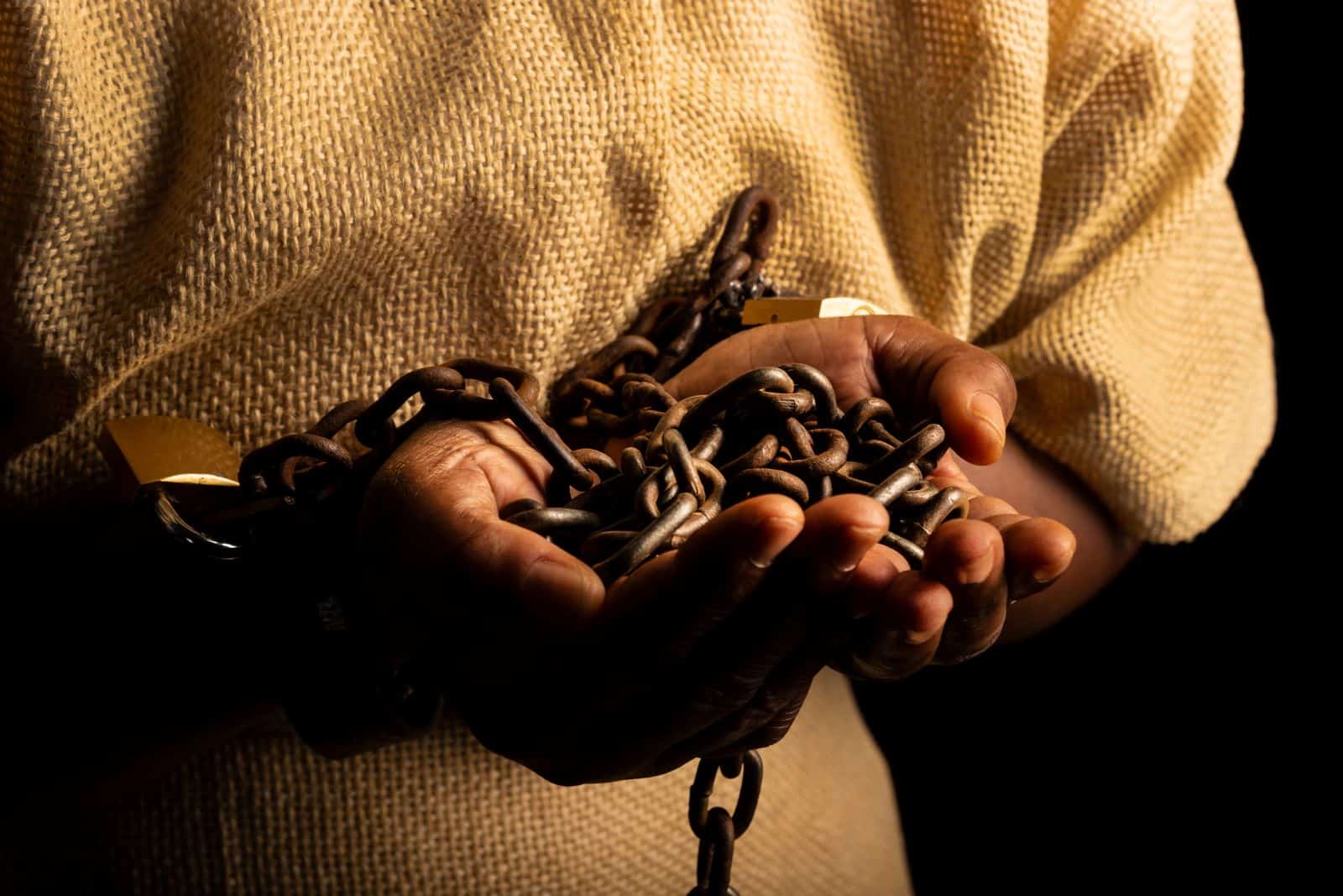
This offhand remark trivializes the brutal history and ongoing impact of slavery, making light of a deeply traumatic period for African Americans.
22. “This Is a Safe Neighborhood”

Often used to imply areas with fewer people of color, it subtly praises segregation and equates safety with whiteness.
23. “I Don’t Benefit From My Whiteness”

Denying white privilege in a society structured by racial hierarchies reflects a lack of awareness of one’s implicit advantages.
24. “Just Play by the Rules and You’ll Succeed”

Implies that systemic inequalities don’t exist and that the failures of marginalized groups are due to personal faults.
25. “Why Is Everything About Race?”

This expression demonstrates frustration or denial about the ongoing dialogue on race, suggesting that such discussions are baseless or exaggerated.
Checking Our Blind Spots

As we navigate through these phrases, it’s clear that everyday language can unconsciously reflect deep-seated biases. How many of these phrases have you heard or said? Are we ready to confront the uncomfortable truths they unveil about our society?
21 Beliefs About the Bible That Are Actually False

The Bible is one of the most discussed and debated books in history, yet many common beliefs about it are more myth than fact. How many of these misconceptions have you heard before? 21 Beliefs About the Bible That Are Actually False
21 Subtle Racisms That Are Commonplace in America

Racism in America isn’t always overt; it often hides in plain sight through subtle actions and attitudes. How many of these subtle racisms have you noticed around you? 21 Subtle Racisms That Are Commonplace in America
Only Legal in America: 21 Things You CAN’T Do in the Rest of the World
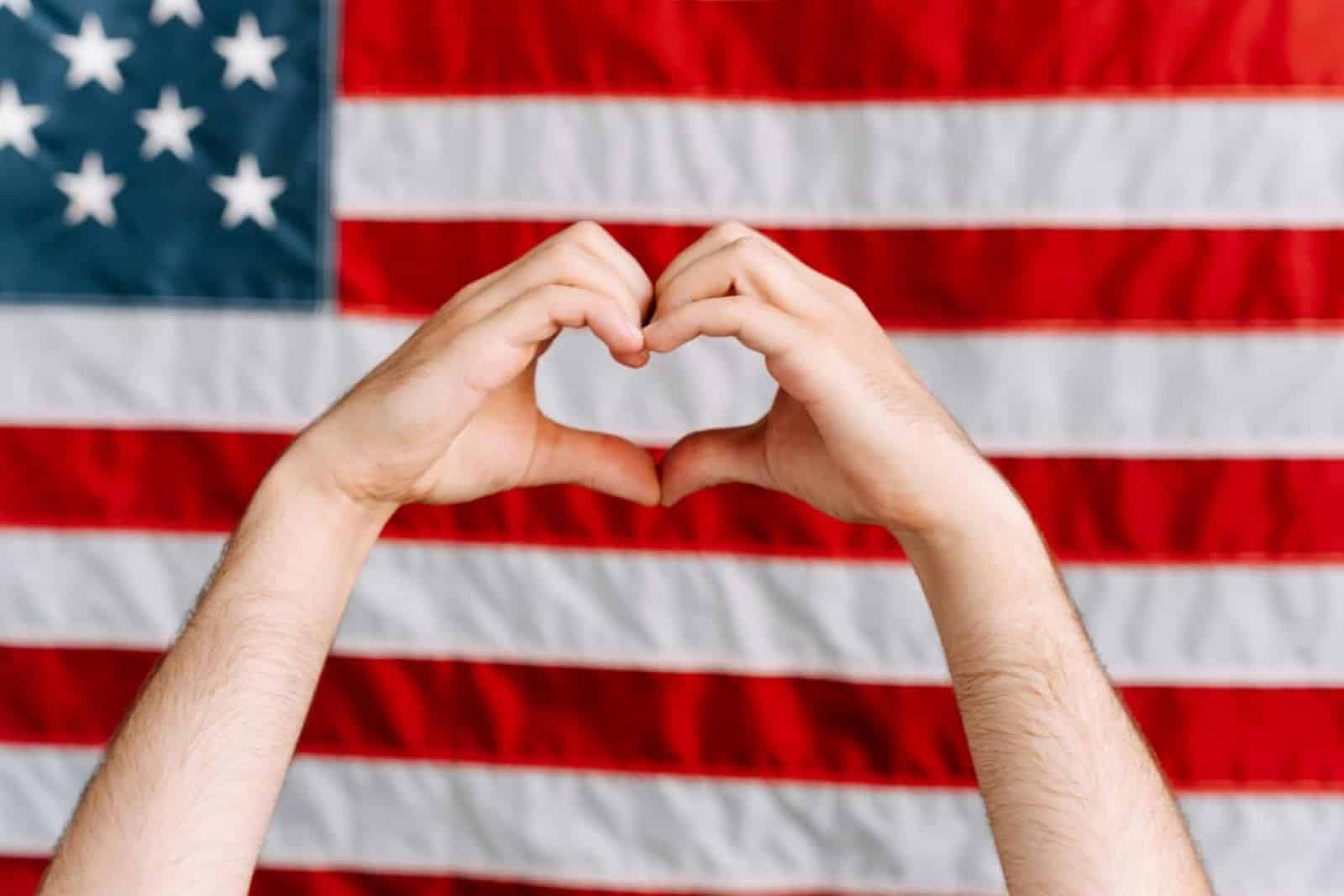
The U.S. dances to its own beat, especially when it comes to laws that make the rest of the world do a double-take. Here’s a lineup of things that scream “Only in America,” sticking strictly to what’s written in the law books. Ready for a tour through the American legal landscape that’ll leave you wondering if freedom might just be a bit too free? Only Legal in America: 21 Things You CAN’T Do in the Rest of the World
Featured Image Credit: Shutterstock / Jacob Lund.
For transparency, this content was partly developed with AI assistance and carefully curated by an experienced editor to be informative and ensure accuracy.

